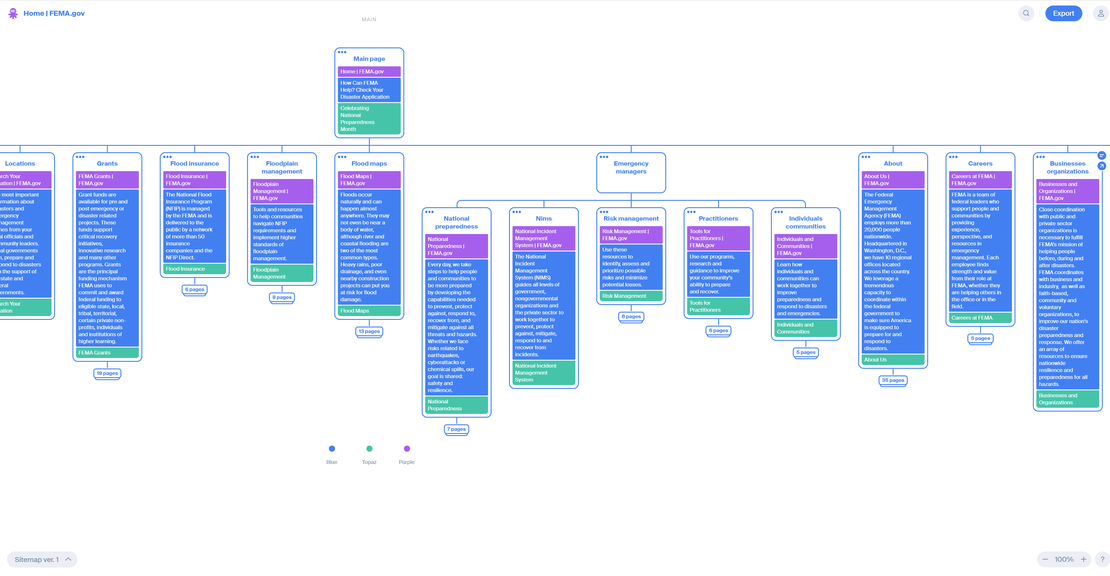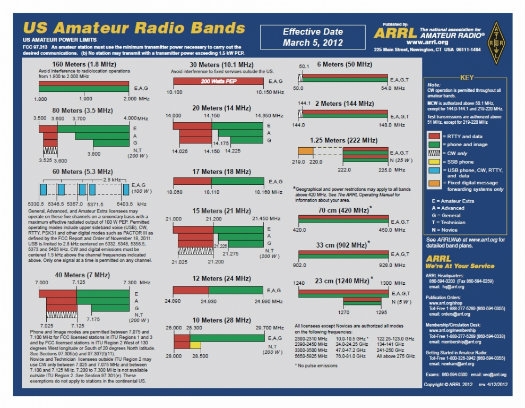STORM PREPARATION
- John Cornelison
- October 14, 2016
Table of Contents

As a glance outside will show, we’re currently experiencing a strong storm. Actually there are two storms, one a day away from the other.
Check local weather reports (e.g., NOAA or Weather Underground) for the latest reports as the predictions are changing fairly quickly.
In addition to the checklist on our website, here are some other points that may be helpful in your winter storm season preparations:
- Water - If possible, fill up bathtubs and containers with water for washing, and also stock up on boiled water for consumption.
- Food - make sure that you have at least enough for a few days, non-perishable packaged or canned food, juices, foods for infants or the elderly, snack foods, non-electric can opener, cooking tools, fuel, paper plates and plastic utensils.
- Blankets, Pillows and Seasonal Clothing Items First Aid Kit / Medicines / Prescription Drugs Special Items - for babies and the elderly Toiletries / Hygiene items / Moisture wipes Flashlight / Batteries
- Radio and Clock - Battery operated, also consider purchasing an NOAA weather radio
- Telephone - Fully charged cell phone with extra batteries and a traditional (not cordless) landline telephone
- Emergency Numbers - Keep a list of emergency telephone numbers including the local utility company
- Cash (with some small bills) and Credit Cards - Banks and ATMs may not be available for extended periods
- Keys Toys, Books and Games on hand to pass the time should we loose power for a period of time
- Important documents - (in a waterproof container or bag) insurance cards, medical records, bank account numbers, Social Security card, birth certificates etc.
- Tools - keep a set with you during the storm. Some items include duct tape, screw drivers, work gloves, safety goggles, etc.
- Vehicle fuel tanks filled
- Pet care items - ample supply of food and water, proper identification, immunization records, medications, a carrier or cage, muzzle and leash.
- Keep family and friends out of flooded basements to avoid electrical shock.
- Keep family and friends away from all downed power lines during or after a storm.
- Be sure to follow all manufacturers' recommendations when using a generator to avoid tragedy. Never plug it into a wall outlet or directly into the home's wiring.

 Registration is open during July ONLY for the upcoming NW Citizen Corps Expo, to be held from 7:30 AM to 5 PM on August 20th at the Washington State Fire Training Academy (east of North Bend on I-90).
Registration is open during July ONLY for the upcoming NW Citizen Corps Expo, to be held from 7:30 AM to 5 PM on August 20th at the Washington State Fire Training Academy (east of North Bend on I-90).